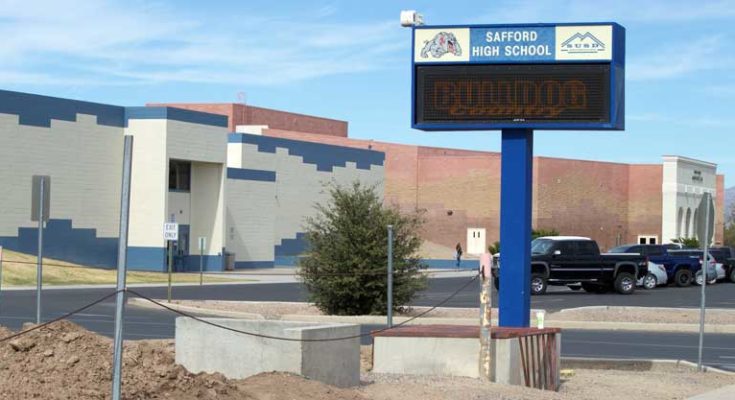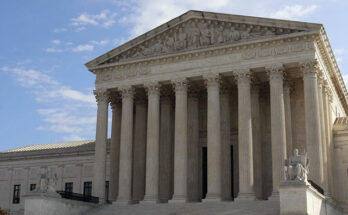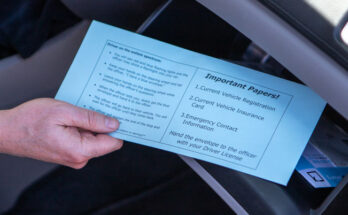Jon Johnson File Photo/Gila Herald: Schools statewide have been closed due to Governor Doug Ducey’s mandate to help curb the spread of the novel coronavirus COVID-19.
Contributed Article
PHOENIX – Representative Michelle Udall (R-25) and Senator Sylvia Allen (R-6) have proposed legislation that prioritizes student learning during the current mandated statewide school closures.
“Our students can’t afford to lose the last quarter of the school year,” said Representative Udall. “We trust our educators and school leaders to do everything in their power to ensure students have stability and the opportunity to continue to learn during this challenging time.”
“We can’t give up on our students during this crisis,” said Senator Allen. “Our proposal gives schools the flexibility and certainty needed for students to keep learning and finish the school year strong.”
The joint proposal provides teachers and schools the necessary flexibility and authority to use resources and personnel in creative ways to deliver education to Arizona students while schools remain closed. Teachers and other school employees will be able to work remotely during the closure period to help provide educational instruction, support, and resources to students.
The proposal outlines two sets of guidelines depending on the length of the mandated statewide closure and provisions for paying staff during the closure.
If schools open by March 30, 2020:
- Suspend the calendar and instructional hour requirements for the school year 2019-2020.
- Extend statewide assessment window until May 31, 2020.
- Hold harmless school letter grades for the school year 2019-2020.
If schools are closed beyond March 30, 2020:
- Suspend the calendar and instructional hour requirements for the school year 2019-2020.
- Require public schools to offer general educational delivery in alternative formats to complete the school year for their students as a condition of receiving continued formula funding based on their 100th-day average daily membership (ADM).
- Direct the State Board of Education (SBE) and the Arizona Department of Education (ADE) to provide guidance to schools on how they must attest that they are providing alternative modes of educational delivery, which could include partnerships with other public or private schools, online platforms, email, or mail correspondence.
- Provide, to the greatest extent possible, flexibility, to public schools for special education programs, including alternative modes of service delivery for students on IEPs and 504 Plans.
- Hold schools harmless for transportation funding generated by route miles and allow public schools to use transportation fleets to be used for school operations that support students and families during the statewide closure.
- Allow schools to continue to pay employees to work from home or perform alternative reassignments through the end of the school year.
- Allow schools to use funding generated in the current school year to provide summer school instruction in the summer of 2020 only.
- Cancel statewide assessments for the school year 2019-2020.
- Hold harmless letter grades for the school year 2019-2020.
- Waive “Move on When Reading” promotion requirements for the school year 2019-2020.
- Require the SBE to immediately develop rules for graduation for the school year 2019-2020 only.
- Allow up to 1.25 ADM for students in the fiscal year 2020-2021 if the student has taken an online course during June or July of 2020.
- Direct the Auditor General to work with school districts for modified timelines for financial and performance data reporting.
- Provide temporary suspension of statutes that prohibit supplanting of federal and state funds, for the school year 2019-2020 only.
- Provide the same flexibility for the Arizona School for the Deaf and Blind (ASDB) and Career and Technical Education Districts (CTEDs).
- Require ADE, with approval of the SBE, to submit waiver requests by April 15, 2020, to the appropriate federal agencies for food and nutrition, assessment and accountability requirements, or any other issues that impact educational attainment that cannot be met in this school year due to the public health crisis.
- Emergency clause and retroactivity to March 16, 2020.









